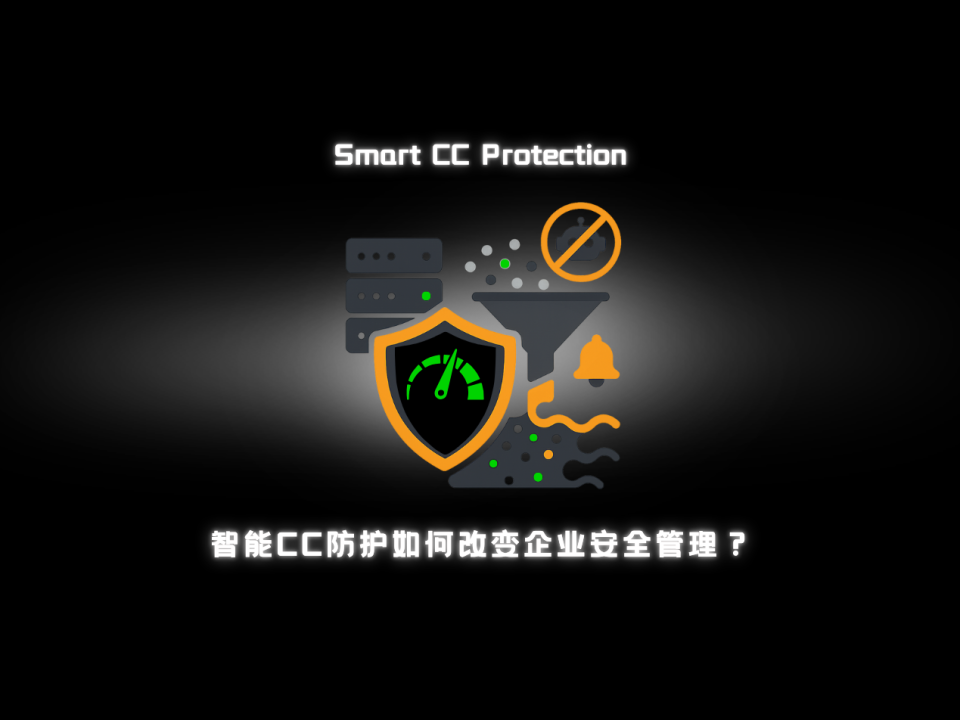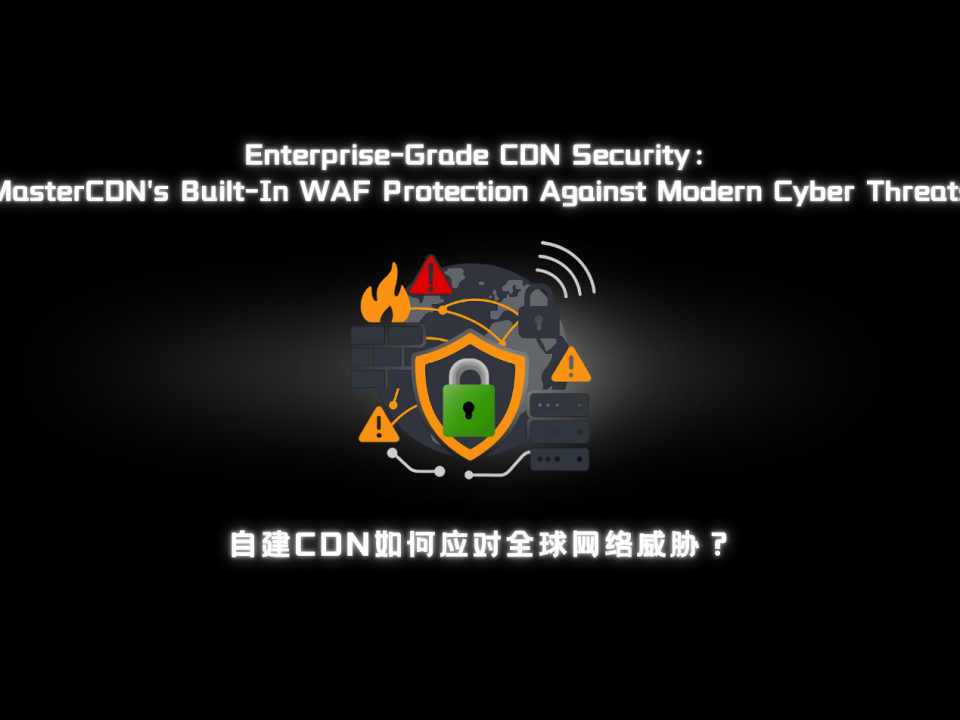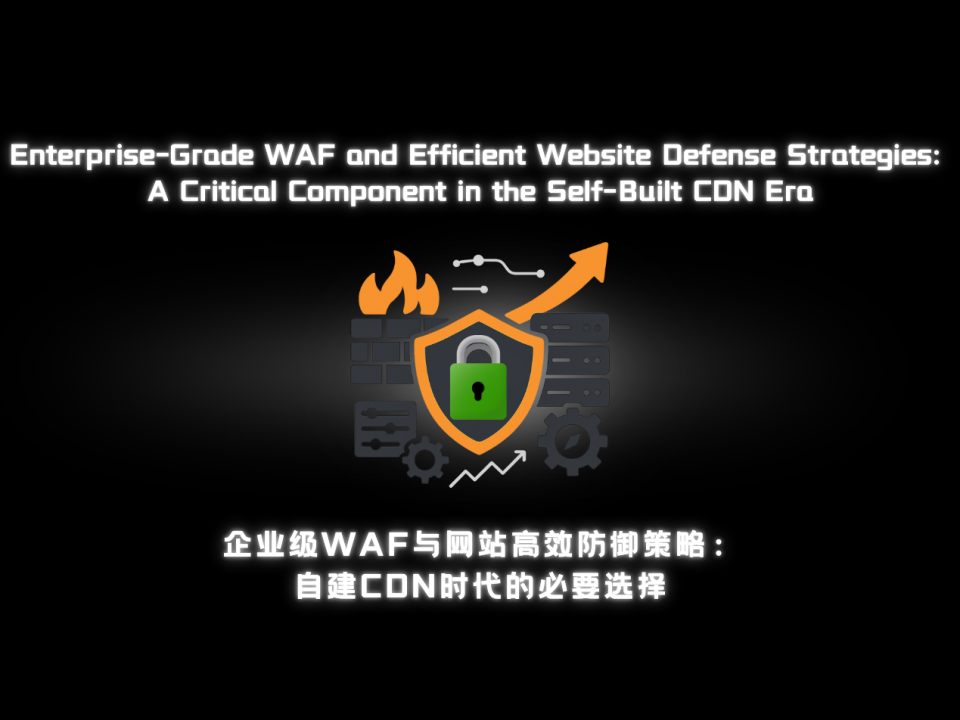
How to Build Your Own CDN Server for Defense
04/02/2025
How to Build a Self-Hosted CDN
18/02/2025Can CDNs Fully Defend Against DDoS Attacks?
As internet technologies advance, DDoS (Distributed Denial of Service) attacks have become a significant cybersecurity threat. These attacks overwhelm servers with excessive traffic, causing service disruptions and leading to financial and reputational damage for businesses. Among the available defense mechanisms, CDNs (Content Delivery Networks) stand out as a promising solution. But how effective are CDNs in mitigating DDoS attacks? What limitations should businesses be aware of? This article examines these questions in detail.
Understanding DDoS Attacks
DDoS attacks aim to disrupt services by inundating servers with traffic. These attacks can take multiple forms:
- Bandwidth Exhaustion Attacks: Flooding the network with malicious traffic to saturate available bandwidth.
- Application-Layer Attacks: Sending numerous legitimate-looking requests to deplete server resources.
- TCP Connection Attacks: Simulating fake TCP connections to exhaust server session pools.
Such attacks are typically stealthy, destructive, and large in scale. Therefore, they challenge traditional server setups, which lack the resources to counteract these disruptions effectively.
Core Functions of CDNs
CDNs distribute website content across a network of global nodes to ensure fast delivery and system resilience. Besides improving performance, CDNs provide security measures that help mitigate DDoS attacks. Key functionalities include:
- Traffic Distribution: Dispersing traffic across multiple servers to reduce pressure on any single server.
- Load Balancing: Dynamically reallocating traffic to ensure consistent service availability.
- Traffic Scrubbing: Identifying and removing malicious traffic from legitimate requests.
How CDNs Mitigate DDoS Attacks
- CDNs employ several techniques to protect against DDoS attacks.
- Distributing Traffic Across Nodes
CDNs use globally distributed nodes to manage incoming traffic. By splitting the traffic load, they significantly reduce the impact on the origin server. This approach is particularly effective for large-scale traffic attacks. - Blocking Malicious Requests
By analyzing traffic patterns, CDNs can identify malicious behavior and filter it out. Modern CDNs employ machine learning and behavioral analysis to detect unusual traffic patterns, thereby preventing resource abuse. - Scrubbing Harmful Traffic Dynamically
Many CDN providers offer real-time traffic scrubbing. These systems monitor traffic and remove harmful elements during high-traffic periods, which helps reduce server strain. - Providing Redundancy for Resilience
CDNs deploy content across multiple nodes. Even if some nodes are targeted and overwhelmed, others can continue to function. This ensures that services remain available to users.
Limitations of CDNs in DDoS Defense
Despite their effectiveness, CDNs are not without limitations.
- Dynamic Content Challenges
While CDNs excel at protecting static resources, they often struggle with user-specific, dynamic content. Additional measures may be required to safeguard such interactions. - Handling Advanced Attacks
Sophisticated DDoS attacks, which exploit multiple vectors, may bypass CDN defenses. To address these challenges, integrating tools like Web Application Firewalls (WAFs) and advanced intrusion prevention systems is necessary. - Provider Variability
Not all CDN providers deliver the same level of protection. Their capabilities often depend on their resources, technology, and expertise.
Choosing the Right CDN Provider
To maximize the effectiveness of a CDN, businesses should carefully evaluate potential providers based on the following criteria:
- Global Node Coverage
Select a provider with widespread node distribution to ensure fast and reliable content delivery worldwide. - Advanced Security Features
Look for CDNs that offer integrated DDoS protection, WAFs, and bot management tools. - Traffic Scrubbing Capabilities
Ensure that the provider supports real-time traffic analysis and dynamic scrubbing to adapt to evolving threats. - Responsive Technical Support
Choose providers offering 24/7 support to guarantee immediate responses during emergencies.
MasterCDN: A Comprehensive Solution for DDoS Defense
MasterCDN provides enterprises with a robust solution for mitigating DDoS attacks. It combines globally distributed nodes with advanced traffic scrubbing technologies and intelligent traffic management. These features allow MasterCDN to intercept malicious traffic, distribute legitimate requests efficiently, and maintain uninterrupted services. Furthermore, its advanced algorithms ensure that user experience is optimized while security remains uncompromised.
Conclusion
CDNs play a crucial role in defending against DDoS attacks. Their distributed architecture, real-time scrubbing, and load balancing make them an effective tool for mitigating most traffic-based threats. However, for comprehensive protection, businesses should combine CDNs with additional security tools such as WAFs and intrusion prevention systems.
By selecting a reliable CDN provider and implementing a multi-layered defense strategy, businesses can achieve greater service stability and resilience against cyber threats. For organizations seeking a professional CDN solution, MasterCDN offers a secure and efficient platform tailored to modern business needs.



